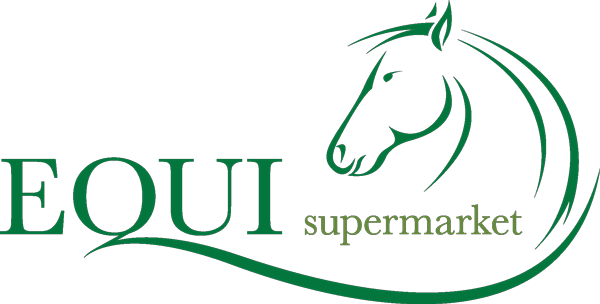The ability to recognise oneself in a mirror is an important indicator of self-awareness. Animals that are able to recognise themselves possess the cognitive skills required to develop complex relationships with others and to engage in behaviour that relies on empathy. Over recent decades, many scientists have conducted studies into mirror self-recognition in animals and they have evolved standard tests. Now, researchers in Italy have applied these tests to horses. Can horses recognise themselves?
The Mirror Tests
To establish whether horses have the ability to recognise themselves, the Italian researchers took four horses to an enclosure that contained a mirror. This was initially under cover so the horses could be acclimatise to its presence. Researchers then uncovered the mirror and applied the mark test paradigm; a standard method of gauging self-recognition in individuals. This paradigm is the cornerstone of self-recognition research. We should see animals perform a certain sequence of behaviours when they confront the mirror. Animals with the ability to recognise themselves will at first wonder who the animal they see in the mirror is. Then they will then inspect the mirror including looking behind it. Mirror testing behaviours such as pulling faces generally follow as the animals learn that they are looking at themselves.
Testing Horses
In the study, they filmed horses interacting with the mirror when it was first uncovered. Each horse was then marked with an "X" on its cheek and its behaviour observed. The researchers were keen to see if the horses reacted to seeing the "X" on their face by attempting to rub it off. This would indicate that the horses had recognised themselves in the mirror.
The Results
A study of the footage after the tests had been concluded did not confirm that the horses were able to recognise themselves. But the scientists believe that this may have been because the researchers employed the wrong methodology. The tests used were evolved for primates. It could be that horses' cognition and motivations are so different to those of primates that the tests would not reveal if the horses had recognised themselves in the mirror, even if they had. Horses may not be concerned by the presence of marks on their faces and so would not attempt to remove them, even when they had recognised themselves. Horses rarely seem troubled by becoming muddy when in their fields, so why would they be concerned by marks on their faces?
Disinterest and Vanity
Researchers will need to evolve a new testing procedure if we are to understand what horses are really thinking when they look in a mirror. The latest study didn't resolve the issue of recognition. Perhaps what it really managed to demonstrate was that horses' exhibit a complete lack of vanity! Maybe they just don't care what they look like. Clearly a mirror is not a useful accessory for a horse so lack of interest may also have played a role in their behaviour.


